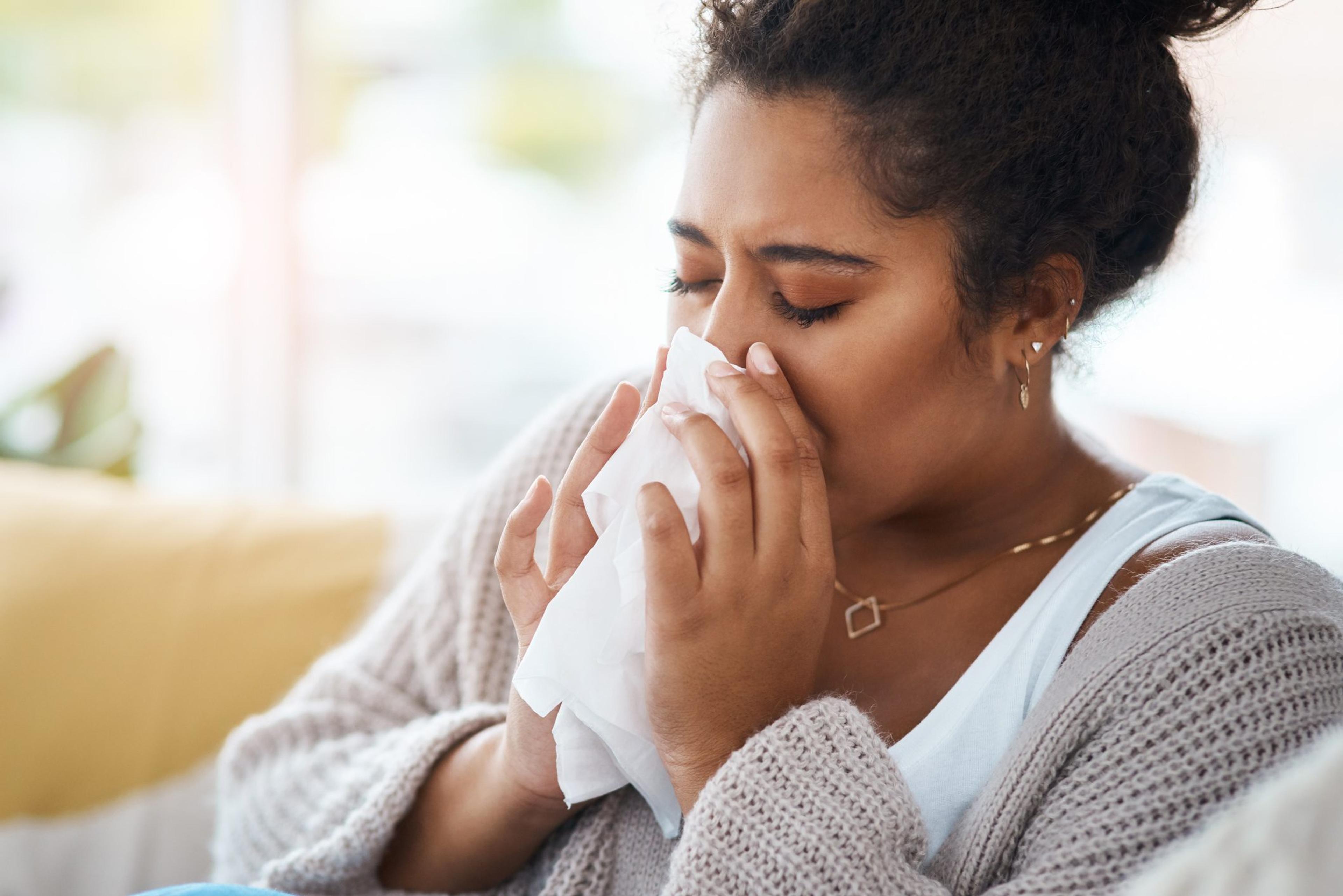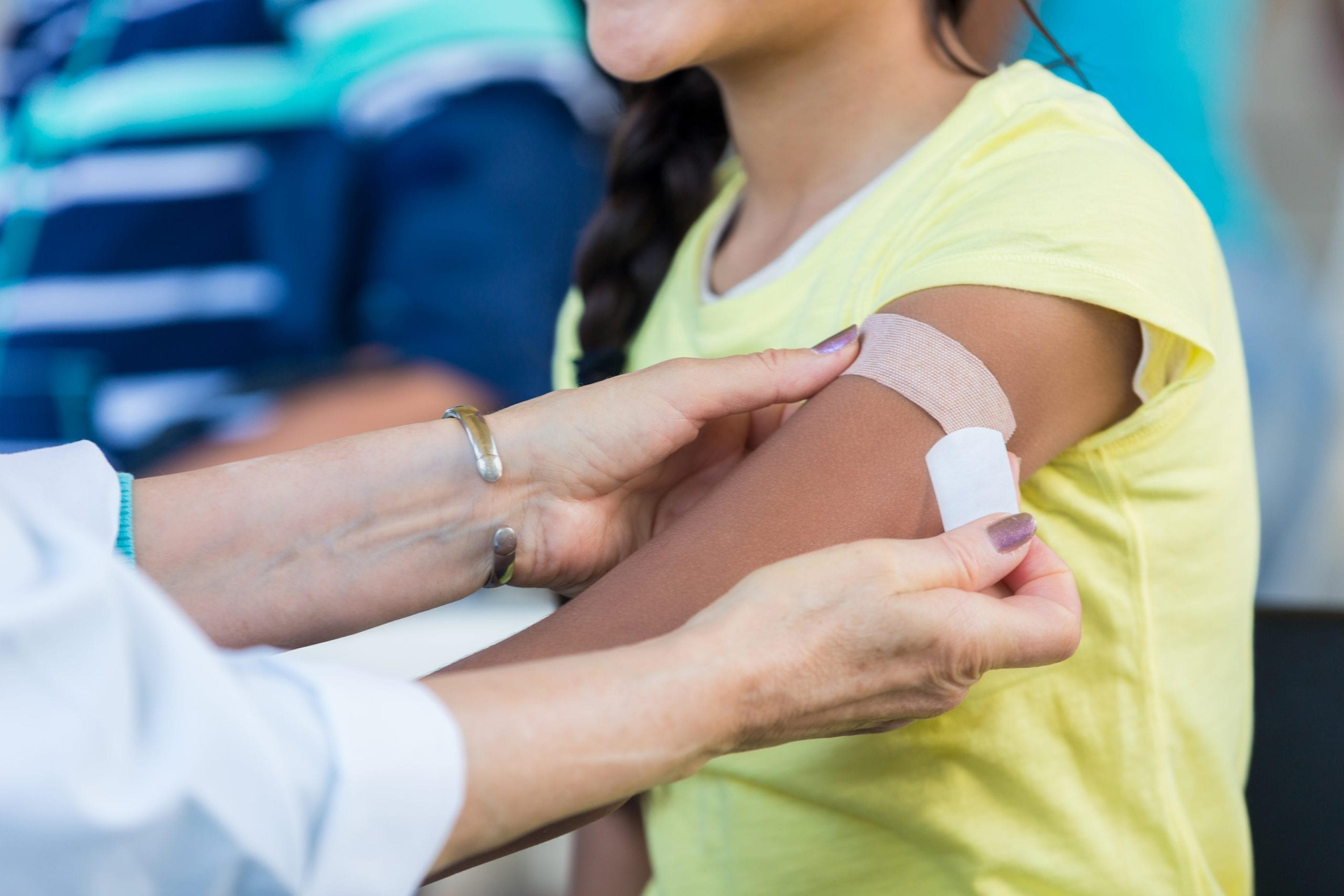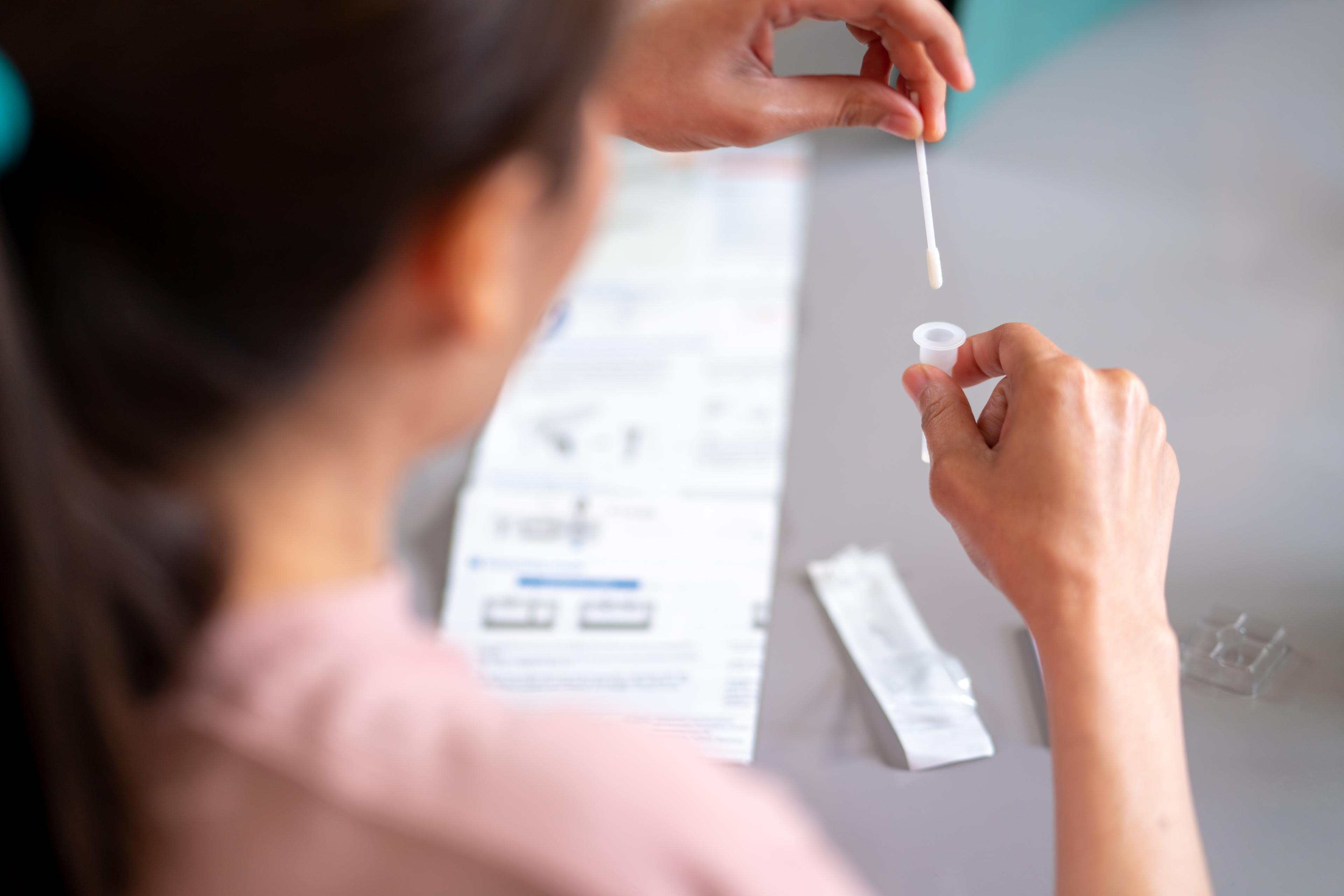Mix-and-Match COVID Booster Vaccines: Understanding the Science
Amy Barczy
| 2 min read
Amy Barczy is a former brand journalist who authored...

As scientists and government officials are urging many eligible Americans to receive booster doses of the COVID-19 vaccines, there’s a new wrinkle to consider: mixing and matching the brands of the shots you receive. Officials advise that when you receive your first immunization against COVID, you must receive the same brand of vaccine to be fully immunized (two doses of the Pfizer vaccine, two doses of the Moderna vaccine or one dose of the Johnson & Johnson vaccine). However, the advice is different when it comes to booster shots. Booster doses are needed because public health experts have noticed that over time, the immune protection against COVID-19 is reduced – especially among certain groups. If you are eligible for a booster dose, the U.S. Centers for Disease Control and Prevention advise you may choose which COVID-19 booster vaccine you receive. This advice is backed by research. Past studies into experimental HIV vaccines showed mixing vaccine types could create a stronger immune response than just using multiple doses of the same vaccine. This is because different types of vaccine technology prompt the body’s immune system in different ways. In the U.S., the National Institutes of Health started studying the mix-and-match approach in June to answer the question of what happens when someone who is fully vaccinated against COVID switches to a different COVID vaccine brand for their booster dose. Early results – comparing nine groups of 50 volunteers each – found that switching vaccine brands for the booster dose raised the levels of antibodies in the study participants without notable side effects. Analysis from this study is ongoing to evaluate how mixing and matching vaccines affects T-cells. While research is ongoing into mixing and matching vaccine types, indications from the scientific community so far are strong enough for U.S. officials to allow individuals to switch vaccine brands for booster doses. This strategy grants more flexibility for individuals to continue to maintain a strong level of immunity against COVID-19, especially as more transmissible variants spread through our communities. If you have questions about whether you are eligible for a booster dose – or have ongoing health conditions – talk to your health care provider. They will be able to recommend the best course of action for you and your health. For more information about booster shots, click here: COVID Booster Shot: Frequently Asked Questions More from MIBluesPerspectives:
Photo credit: Getty Images





